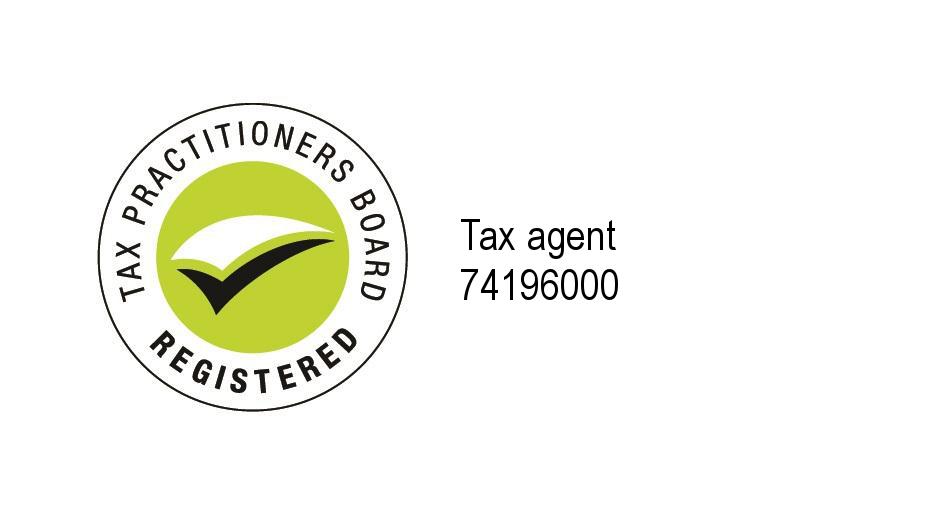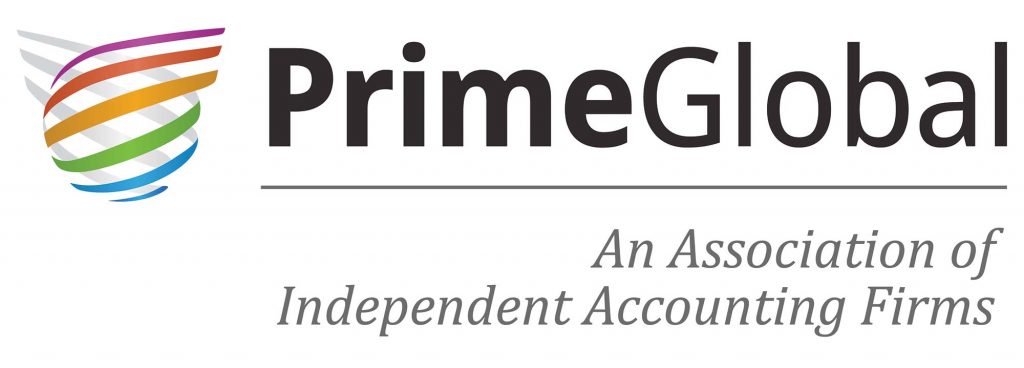Until recently regulated superannuation funds (including self-managed superannuation funds (‘SMSFs’) were prohibited from accepting voluntary superannuation contributions from, or for the benefit of, members aged 65 to 74 unless the member was gainfully employed on a part-time basis during the financial year in which the contributions were made. For this to occur required the member to have been ‘gainfully employed’ (i.e. worked for at least 40 hours within 30 consecutive days) in the relevant financial year (the ‘work test’) (Reg 7.01(3), Reg. 7.04 to Reg. 7.05 of SIS Regulations 1994).
An exemption to the work test was first announced in the 2018-19 Federal Budget as part of the More Choices for a Longer Life package, with the measure implemented on 7 December 2018 by the Treasury Laws Amendment (Work Test Exemption) Regulations 2018.The measures are focused on providing benefits for those with superannuation balances of up to $300,000.
This article considers the operation of the work test exemption, as well as its interaction with the small business capital gains tax (‘CGT’) concessions, and the bring-forward rule for non-concessional contributions. Each of the relevant issues is considered in the context of ‘Sandra’ who:
- as at 30 June 2019: was 64 years old, had $200,000 in her superannuation fund, and had been gainfully employed during the financial year;
- ceased to be gainfully employed from 1 July 2019 and will turn 65 on 1 October 2019.
Can Sandra make contributions to her super fund after she turns 65?
As a result of the abovementioned measures, from 1 July 2019, a 12-month exemption from the work test is available for those aged 65 to 74, provided all of the following conditions are met:
- the member satisfied the work test in the financial year prior to the financial year in which the contributions are made;
- the member had a total superannuation balance (‘TSB’) of less than $300,000 at the end of the previous financial year; and
- no contributions have been accepted by a regulated superannuation fund in respect of the member under the work test exemption in the previous year or any other earlier financial year.
Applying this measure to Sandra (who has not previously utilised the exemption), as she was gainfully employed in FY2019 and had a TSB as at 30 June 2019 of less than $300,000, she can rely on the work test exemption and contribute into her superannuation fund in FY2020 after she turns 65, despite not being gainfully employed in that year.
Note: the work test exemption can only be used once, hence if Sandra chooses to apply the exemption for FY2020, she will no longer be able to make super contributions in the future unless she can demonstrate that she is gainfully employed in the relevant year(s). Additionally, if Sandra does not utilise the exemption in the year directly following the year in which she was gainfully employed, she effectively loses the exemption (i.e. if Sandra didn’t make a contribution in FY2020, she would not be able to make a contribution in FY2021 unless she was gainfully employed).
How does the work test exemption interact with Sandra’s contribution caps?
The work test exemption only impacts a member’s ability to contribute an amount into their superannuation fund. Accordingly, a member will still be subject to the annual contribution caps being $25,000 p.a. for concessional contributions (‘CC’) and $100,000 p.a. for non-concessional contributions (‘NCC’).
As Sandra satisfies the work test exemption, she can contribute up to $100,000 of NCC into her superannuation fund in FY2020. Depending on Sandra’s circumstances, she may also be able to make up to $25,000 of CC in that year.
Can Sandra contribute more than the annual NCC contribution cap?
The author notes that when the measures were first announced, it was initially proposed that members applying the work test exemption would not also be able to access bring-forward NCC arrangements. However, the final version of the measures did not have any such restriction. What this means is that if the bring-forward rules for NCC are met, members relying on the work test exemption may make NCC amounting to more than the annual $100,000 NCC cap over a 3 year period.
The bring-forward rules are contained in s.292-85(3) of ITAA 1997 and broadly require that:
- the individual must be under 65 at any time during a financial year (“first year”);
- the individual must make a NCC in the first year that exceeds the annual NCC cap; and
- immediately before the start of the first year, the taxpayer’s total superannuation balance is less than the general transfer balance cap for the year (i.e., $1.6 million for FY2019).
If Sandra does not have a bring-forward period that is currently in operation, and given she turns 65 only on 1 October 2019, Sandra can trigger the bring forward rules in FY2020 (i.e., the first year) by making up to 3 years’ worth of NCC in that year. In other words, Sandra can make an additional NCC in FY2020 to bring her up to $300,000 after she turns 65 under the work test exemption rules (as opposed to the previous $100,000 NCC cap as outlined above). Sandra will need to contribute the full $300,000 NCC in the first year (i.e., FY2020) as in the second year, her fund will be unable to accept any contributions from her (as she is over 65, not working and not able to rely on the work test exemption a second time). Note: the ability to utilise the bring-forward rule would not be available to Sandra if she had instead turned 66 on 1 October 2019.
The interaction of the work test exemption rules and super contributions under the small business CGT concessions
According to Reg. 7.04(6A) of the SIS Regulations 1994, regulated superannuation funds may accept contributions that are covered under s.292-100 ITAA 1997 (i.e., super contributions relating to amounts covered by the small business CGT concessions) provided the amount contributed does not exceed a member’s CGT cap amount (for FY2020 the CGT cap amount is $1.515 million) and the superfund is not prevented from accepting the amount as a contribution had it been made to the fund in the financial year in which the CGT event happened (e.g. because the small business CGT concession stakeholder for which the contribution is made was 65 or over and did not satisfy the work test in the CGT event year).
This means for business owners who qualify for the small business 15-year exemption the maximum amount that can contributed is $1.515 million (in FY2020). If the small business 15-year exemption is not available, then the amount that can be contributed is limited to the exempt capital gain under the small business retirement exemption (subject to the relevant individual’s CGT lifetime retirement limit of $500,000).
In the context of the small business CGT concessions, the introduction of the work test exemption now provides greater opportunity for those who were previously prevented from contributing amounts under the small business CGT concessions into their super fund to be able to do so subject to the above conditions for exemption being met.
Further, the introduction of the exemption creates additional considerations for members regarding the timing of contributions as while contributions that qualify for the small business CGT concessions are not treated as NCC, they are still counted as part of a member’s TSB. What this means is that if a contribution covered under the small business CGT concessions was made for the benefit of Sandra (e.g., because she was a CGT concession stakeholder in FY2019), it could cause her TSB to exceed the $300,000 threshold at the end of FY2019. In that case, Sandra will need to meet the work test criteria in order to be eligible to make a NCC after she turns 65 as she is no longer able to meet the requirements to access the work test exemption. If the super contribution covered by the small business CGT concessions was delayed until after 30 June 2019, Sandra will be able to apply the work test exemption for FY2020 (assuming she was gainfully employed in FY2019).
Conclusion
In conclusion, the work test exemption in conjunction with existing rules provide ample scope and opportunities notably for those turning 65 to plan their retirement strategies. For others who are in the 65 to 74 age bracket, the work test exemption allows for additional NCC to be made in the year following their retirement provided the requirements for exemption are met.
This article provides a general summary of the subject covered and cannot be relied upon in relation to any specific instance. Webb Martin Consulting Pty Ltd and any person connected with its production disclaim any liability in connection with any use. It is not intended to be, nor should it be relied upon as, a substitute for professional advice.



